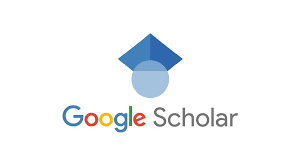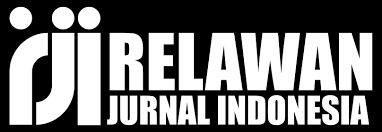Manajemen Kinerja dan Manajemen Talenta sebagai Instrumen Penguatan Kapasitas Organisasi di Era Digital
DOI:
https://doi.org/10.61722/jiem.v3i7.5969Keywords:
performance management, talent management, organizational capacity, digitalization, organizational effectivenessAbstract
Changes in the business environment due to digitalization require organizations to be able to adapt quickly. In this context, performance management and talent management are two important elements in strengthening organizational capacity to remain competitive. This research aims to analyze the integrative role of performance management and talent management in improving organizational effectiveness and competitiveness in the digital era. The research method used is descriptive qualitative with a literature study approach and field observations in the service and technology sectors. The study results show that companies that implement adaptive performance management systems and systematic talent development strategies tend to have higher levels of innovation and employee retention. This research recommends the implementation of competency-based performance appraisal systems and talent management strategies that support continuous learning.
References
Armstrong, M. (2021). Armstrong’s handbook of performance management: An evidence-based guide to delivering high performance (6th ed.). Kogan Page.
Bersin, J. (2017). Performance management in the digital age. Deloitte Review, (21). Retrieved from https://www2.deloitte.com
McKinsey & Company. (2024). Organizational health and talent: Winning with purpose, people, and performance. Retrieved from https://www.mckinsey.com
Miles, M. B., & Huberman, A. M. (1994). Qualitative data analysis: An expanded sourcebook (2nd ed.). Sage Publications.
Silzer, R., & Dowell, B. E. (2010). Strategy-driven talent management: A leadership imperative. Jossey-Bass.
Sonda, A. L., & Kistyanto, A. (2023). The impact of digital talent management on employee performance. International Journal of Economics, Management, Business and Social Science (IJEMBIS), 3(1), 49–60. https://doi.org/10.53913/ijembis.v3i1.421
Bintaro dan Daryanto. 2017. Manajemen Penilaian Kinerja Karyawan. Yogyakarta: Gava Media. Manajemen Kinerja (Pengertian, Tujuan, Syarat dan Tahapan Pelaksanaan)
Smilansky, Jonathan, 2008, Developing Executive Talent: Metode Efektif untuk Mengidentifikasi dan Mengembangkan Pemimpin dalam Perusahaan. Diterjemahkan oleh Octa Melia Jalal, Jakarta: PPM, Dalam Endratno, H., 2013, Talent Management dalam Meningkatkan Kinerja Organisasi, Sustainable Competitive Advantage (SCA) 1 (1)).
Armstrong, M. (2021). Armstrong’s Handbook of Performance Management: An Evidence-Based Guide to Delivering High Performance. Kogan Page.
Bersin, J. (2020). "Talent Management in the Age of AI." Deloitte Insights.
Cappelli, P., & Tavis, A. (2018). "HR Goes Agile." Harvard Business Review, 96(2), 46–52.
Schiemann, W. A. (2014). Reinventing Talent Management: How to Maximize Performance in the New Marketplace. McGraw-Hill Education.
McKinsey & Company. (2022). The State of Organizations 2022.
World Economic Forum. (2023). The Future of Jobs Report.
Studi Kasus Telkom Indonesia
Telkom Indonesia (2023). Laporan Tahunan Telkom Indonesia 2023.
Downloads
Published
Issue
Section
License
Copyright (c) 2025 JURNAL ILMIAH EKONOMI DAN MANAJEMEN

This work is licensed under a Creative Commons Attribution-ShareAlike 4.0 International License.














